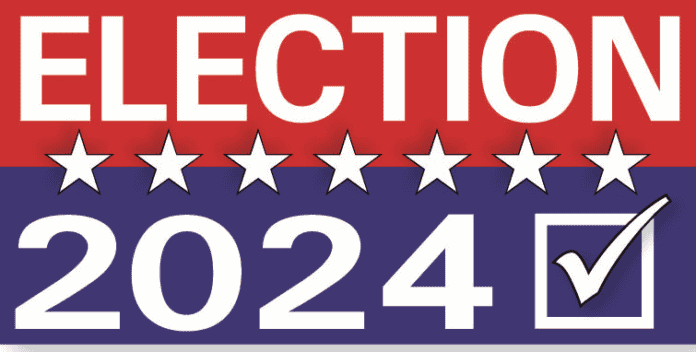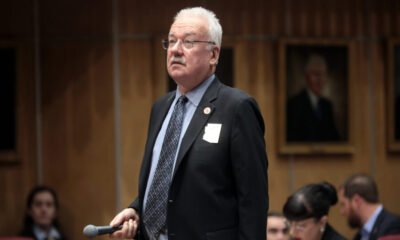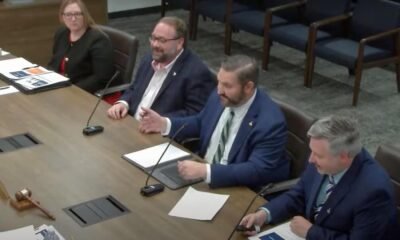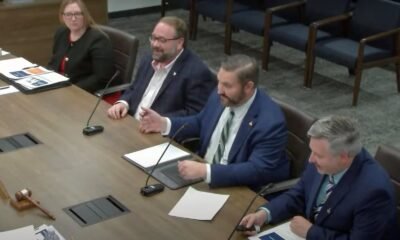County News
Props Target Ballots and Government Action: A Crucial Intersection

Editor’s Note: This article marks the beginning of a series that dives into the propositions featured on the general election ballot set for Tuesday, Nov. 5. Subsequent stories will follow.
This November’s general election ballot in Arizona will present 11 legislatively referred ballot initiatives, addressing key issues such as service worker pay, election administration, and the governor’s emergency powers.
Proposition 134
Proposition 134 aims to amend the Arizona Constitution, requiring future citizen ballot propositions to gather signatures across all 30 legislative districts, though the total required signatures remains unchanged. Proponents assert that this measure ensures all voters have a say, while critics argue it could give rural areas disproportionate influence on ballot initiatives.
Proposition 135
In response to Arizona’s management of the COVID-19 pandemic, Proposition 135 would automatically terminate the governor’s emergency powers 30 days post-proclamation unless the legislature extends the state of emergency during a special session. The proposal outlines that the governor cannot declare a new emergency under the same conditions without legislative approval. Previous Governor Doug Ducey declared a state of emergency on March 11, 2020, which lasted until March 30, 2022. Critics warn that this measure may create excessive bureaucratic hurdles, while advocates believe it provides necessary checks on executive authority.
Proposition 136
Proposition 136 seeks to permit lawsuits regarding the constitutionality of voter-initiated measures to be filed before elections. This could prevent potentially unconstitutional initiatives from appearing on the ballot, provided lawsuits are filed at least 100 days before the election. The Arizona Free Enterprise Club backs this proposition, citing issues with the past passage of Proposition 208, which faced legal challenges. Opponents argue that this could empower baseless lawsuits, hindering citizen-led initiatives.
Proposition 137
Proposition 137 proposes to eliminate term limits and regular retention elections for state Supreme Court and superior court judges. Under this measure, judges could serve indefinitely, facing retention elections only if convicted of felonies or failing specific performance reviews. This proposition would also invalidate Arizona’s 2024 judicial retention elections, provoking concern among critics who believe it undermines voters’ influence over judicial accountability. Supporters claim it simplifies the electoral process and holds judges accountable under new criteria.
Proposition 138
Proposition 138 aims to amend the Arizona Constitution to allow employers to pay tipped employees up to 25% less than the minimum wage, provided these workers earn at least $2 above the minimum wage for all hours worked. Supporters, including the Arizona Restaurant Association, argue this maintains a robust tipping culture, while opponents argue it perpetuates low wage conditions for workers and undermines existing wage initiatives approved by voters.
The registration deadline to vote in this election is Monday, Oct. 7. Please stay tuned for further coverage on additional propositions appearing on the ballot.


















